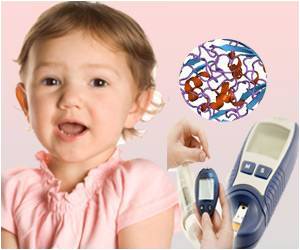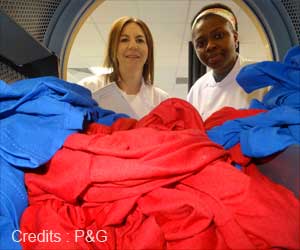says co-author Martin Blaser, director of the Center for Advanced Biotechnology and Medicine at Rutgers.
‘Maternal fecal transplant may restore gut microorganisms among the newborns at risk for Type 1 diabetes that was caused as a result of antibiotics administration. This potentiates a new therapeutic approach against the disease.
’
The Transplant Againt Diabetes
The study team hence conducted a genetic analysis on mice models to compare differences between those that were exposed to antibiotics between days 5 and 10 of life and given a transplant of maternal microbiota up to a week later, and those that were not.
It was found that the group of mice that received the transplant had their microbiome partially restored. Along with this, their risk of diabetes was also brought back to the baseline level.
“The mice that were exposed to antibiotics had the expression of indicator genes in their intestinal wall that were either too high or too low, but the transplant brought that back almost to the original levels and restored metabolic pathways. We were able to identify groups of genes that returned to normal after the transplant as if the mice had never received the antibiotics,” says co-author Xue-Song Zhang, an assistant research professor at the Center for Advanced Biotechnology and Medicine at Rutgers.
The study thereby depicts that the microbiome can be reversed by transplanting fecal microbiota from the mother into the baby’s gastrointestinal tract – a potential therapeutic approach!
Source: Medindia



